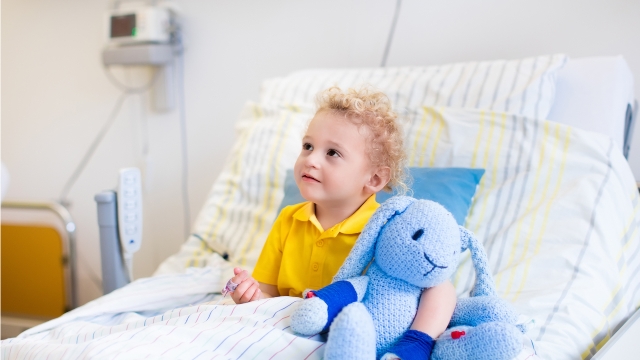
Centers of Excellence

Relative and acquired diseases of preterm, infants, children and adolescents are treated.
The 2nd Pediatric Surgical Department offers surgical treatment of all the congenital and acquired diseases of the preterm, full-term newborns, children and adolescents. Moreover we are pioneers in application of laparoscopic and thoracoscopic pediatric surgery in Greece with absolute success. With the application of minimally invasive technique, we ensure in our little patient shorter hospitalization, minimum post-operative pain, excellent aesthetic results and quicker return to daily activities.
It should be mentioned that the laparoscopic and thoracoscopic surgical department for newborns and children to Mitera Children’s Hospital is unique in Athens, since 2008 until today, with excellent results.
Our primary goal is to provide the best medical patient-centered services to the community and perfect quality of life. Life belongs to the children and our goal is to give them health.
Usual Pediatric Surgery diseases treated in the 3rd Pediatric Surgical Department:
The application of minimally invasive surgery in the abdomen and chest is our primary goal. We use laparoscopy and thoracoscopy instead of open surgeries, thus provide many benefits to our patients, as safer and faster surgery, excellent outcome, minimum postoperative pain, shorter of hospitalization time, as well as, an excellent aesthetic result.
Before the surgery, preoperative check is mandatory. In most cases, we need only complete blood count and serum glucose. Depending on the background history of our small patient and the current disease, we need the following exams:
Laboratory tests:
Imaging tests:
We specialize on surgical oncology of neck, chest, abdomen, genitals as well as soft tissue sarcomas including rabdomyosarcomas of the urinary system. We firmly believe that children deserve “correct, oncologicaly appropriate, surgery”, to maximize their chances of long-term survival. This can be achieved through knowledge of pediatric oncology protocols, of how far, in every specific tumor type, a surgeon is allowed to go and familiarity with intraop “behavior” of different types of tumor tissues. In general it is important for the surgeon to be very familiar with all the “dos and don’ts” of Pediatric Surgical Oncology. In addition, we offer all the support an oncology department requires including state of the art Central Venous Catheter placement and management as well as dealing with treatment complications.